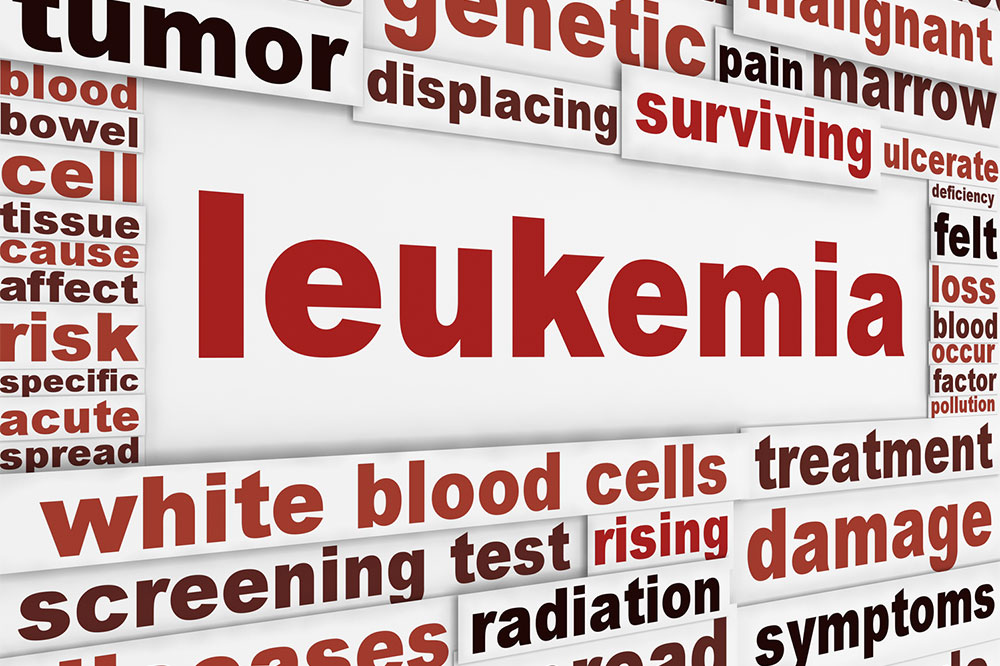Comprehensive Guide to Meningitis: Symptoms, Causes, and Prevention Strategies
This comprehensive article delves into meningitis, highlighting its symptoms, causes, risks, and prevention strategies. It emphasizes early recognition and medical intervention to avoid severe health complications. With detailed insight into different age groups, risk factors, and protective measures, the guide offers valuable information for individuals, parents, and healthcare providers to effectively manage and prevent meningitis.

Understanding Meningitis: Recognizing Symptoms, Causes, and Risk Factors
Meningitis is a serious and potentially life-threatening condition characterized by inflammation of the meninges—the protective membranes that surround the brain and spinal cord. This condition can be caused by various infectious agents, including viruses, bacteria, and fungi, each with different implications for severity, treatment, and prognosis. Detecting meningitis early is essential because delayed diagnosis can lead to severe complications such as permanent neurological damage, hearing loss, or even death.
In this detailed guide, we explore the symptoms, causes, and risk factors associated with meningitis, providing comprehensive information to help individuals and caregivers recognize early warning signs and seek prompt medical attention. Whether you are a parent concerned about your child's health, a student living in shared accommodations, or an adult in a high-risk group, understanding meningitis is key to prevention and effective management.
Understanding Meningitis: What You Need to Know
Meningitis is an inflammation of the meninges, which are three protective membranes called dura mater, arachnoid mater, and pia mater that cover the brain and spinal cord. These membranes serve as shock absorbers and protect the central nervous system from injury and infection. When these membranes become inflamed due to infection, it can disrupt normal brain function and lead to severe health issues.
The causes of meningitis are multifaceted. The most common infectious agents include viruses (viral meningitis), bacteria (bacterial meningitis), and fungi (fungal meningitis). Among these, bacterial meningitis is often the most severe and requires urgent antibiotic treatment. Viral meningitis, on the other hand, is generally less severe and may resolve spontaneously in many cases. Fungal meningitis tends to occur in immunocompromised individuals such as those with HIV/AIDS or undergoing chemotherapy.
Understanding the differences between these types is vital for choosing the correct treatment approach. Furthermore, knowing how infections spread helps in implementing effective preventive measures.
Symptoms of Meningitis: Early Signs and How They Vary by Age
Recognizing the symptoms of meningitis promptly can be life-saving. The clinical presentation varies significantly between adults, children, and infants, which can sometimes complicate diagnosis.
In individuals over two years old, typical symptoms include:
High fever that develops rapidly
Severe neck stiffness and painful neck movements
Profound headaches that are often intense and persistent
Altered mental status, confusion, or disorientation
Excessive fatigue or lethargy that can impair daily activities
Seizures in severe cases
Sensitivity to light (photophobia)
Nausea and vomiting, often accompanying headaches
Skin rashes in cases of meningococcal infection
Loss of appetite and irritability
In infants and very young children, symptoms may be harder to recognize but often include:
Persistent crying and irritability
Bulging soft spot (fontanel) on the baby's head
High fever and poor feeding behaviors
Lethargy and decreased responsiveness
Stiffness or rigidity in the body
Vomiting and unexplained fussiness
These symptoms necessitate immediate medical evaluation to prevent progression and serious health consequences.
Risks and Complications Associated with Meningitis
Ignoring early symptoms of meningitis can lead to grave health complications. The severity and outcome depend on the infectious agent involved, the speed of diagnosis, and the adequacy of treatment. Some potential complications include:
Permanent neurological damage such as cognitive deficits or motor impairments
Hearing loss, which may be irreversible
Memory problems and difficulty concentrating
Seizures and brain injury
Hydrocephalus (fluid accumulation in the brain)
Septic shock in bacterial cases, which can be fatal
Early diagnosis and prompt administration of antibiotics (for bacterial meningitis) or antiviral agents (for certain viral meningitis) significantly improve prognosis and reduce the risk of long-term disabilities.
Factors Increasing the Risk of Developing Meningitis
Several factors can predispose individuals to meningitis, emphasizing the importance of preventive measures such as vaccination and hygiene practices. Key risk factors include:
Lack of vaccination: Not vaccinated against meningococcal, pneumococcal, or Haemophilus influenzae type b (Hib) increases vulnerability.
Age: Young children, especially infants and preschoolers, are at higher risk due to immature immune systems. Young adults and college students living in dormitories are also more susceptible.
Living conditions: Crowded settings such as dormitories, military barracks, prisons, or refugee camps facilitate rapid bacterial spread.
Weakened immune system: Conditions like HIV/AIDS, cancer, or immunosuppressive therapies increase susceptibility.
Pregnancy: Pregnant women are at risk of infections like listeriosis, which can lead to meningitis in the fetus or mother.
Chronic illnesses and medications: Diabetes, steroids, or other medications that suppress immune response elevate the risk.
Preventive strategies such as vaccination programs, good hygiene, avoiding close contact with infected individuals, and seeking prompt medical care are essential for reducing the prevalence of meningitis.
Prevention and Control Measures for Meningitis
Preventing meningitis involves a combination of vaccination, personal hygiene, and awareness. Vaccinations are among the most effective tools to guard against the most dangerous strains of meningitis bacteria and viruses. Key preventive measures include:
Vaccination: Immunizations against meningococcal bacteria, pneumococcus, and Hib are available and recommended for children, adolescents, and high-risk adults.
Maintaining good hygiene: Regular hand washing, avoiding sharing utensils or drinks, and disinfecting common surfaces reduce infection spread.
Living in healthy environments: Reducing crowding and ensuring proper ventilation in living and learning spaces.
Seeking medical attention early: Any suspected signs of meningitis require immediate consultation to initiate treatment and containment.
Educational campaigns: Raising awareness about meningitis symptoms and risk factors helps in early detection and prevention.
In addition to these measures, public health strategies involve surveillance, prompt response to outbreaks, and ongoing research to develop more effective vaccines and treatments.
Understanding meningitis thoroughly—its symptoms, causes, risk factors, and prevention—is essential for protecting oneself and loved ones. Staying vigilant, getting vaccinated, and acting swiftly in the face of early symptoms can save lives and prevent long-term disabilities.





